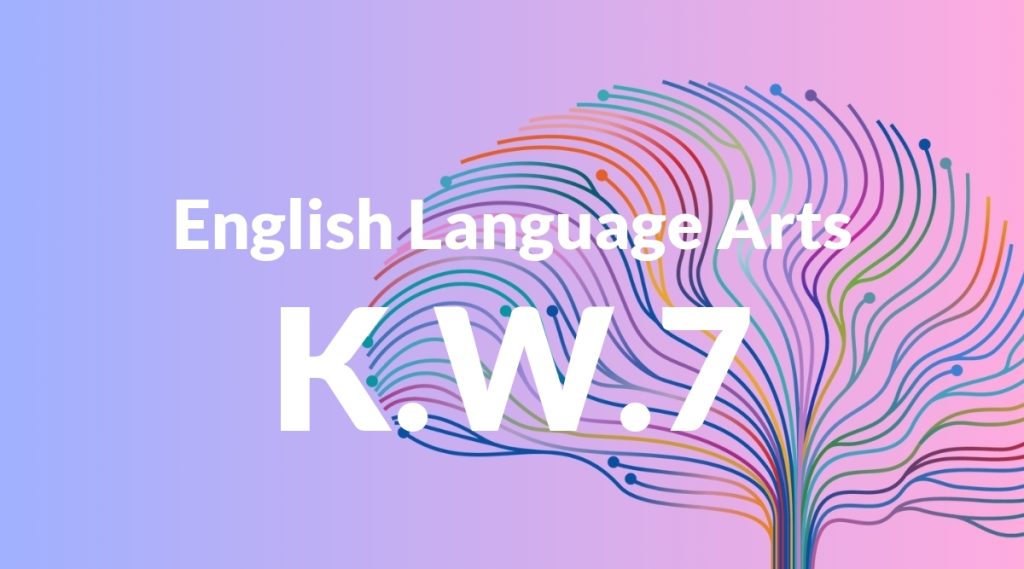Standard: K.W.7 – Participate in shared research and writing projects (e.g., explore a number of books by a favorite author and express opinions about them).
Grade level: Kindergarten
Subject: English Language Arts
Domain: Writing
Teacher Overview
This standard focuses on engaging kindergarten students in shared research and writing projects. It emphasizes the importance of collaboration, exploration, and expression of opinions. By working together on projects, students learn to value different perspectives and develop foundational skills in research and writing. Before tackling this standard, students should be comfortable with basic book handling, listening to stories, and expressing simple opinions verbally. These foundational skills will help them participate effectively in shared projects.
Mastering this standard will prepare students for more complex research and writing tasks in higher grades. They will learn to work independently on research projects and write more detailed and coherent sentences.
Common Misconception 1
Some students may feel that their opinions are not important or relevant to the project. This misconception can hinder their participation and engagement in the activity.
Intervention 1
To address this misconception, teachers should create an inclusive environment where every student’s opinion is valued. Activities like ‘show and tell’ or ‘opinion sharing circles’ can help students see the importance of their contributions.
Common Misconception 2
Another common misconception is that research is solely about reading books. Students might not realize that discussing and sharing ideas is a crucial part of the research process.
Intervention 2
Teachers can address this by incorporating group discussions and collaborative activities into the research process. For example, after reading a book, students can discuss their thoughts and ideas in small groups before starting a writing project.
Prerequisite Knowledge
Students should be familiar with basic book handling skills, listening to stories read aloud, and expressing simple opinions verbally.
Subsequent Knowledge
Students will develop skills in independent research, writing coherent sentences, and providing more detailed opinions supported by reasons.
Instructional Activities
- Read several books by a favorite author and discuss favorite parts.
- Create a class book about a shared topic like animals.
- Write and illustrate a story together as a class.
- Explore different fairy tales and express opinions on them.
- Research a simple topic like weather and create a class poster.




